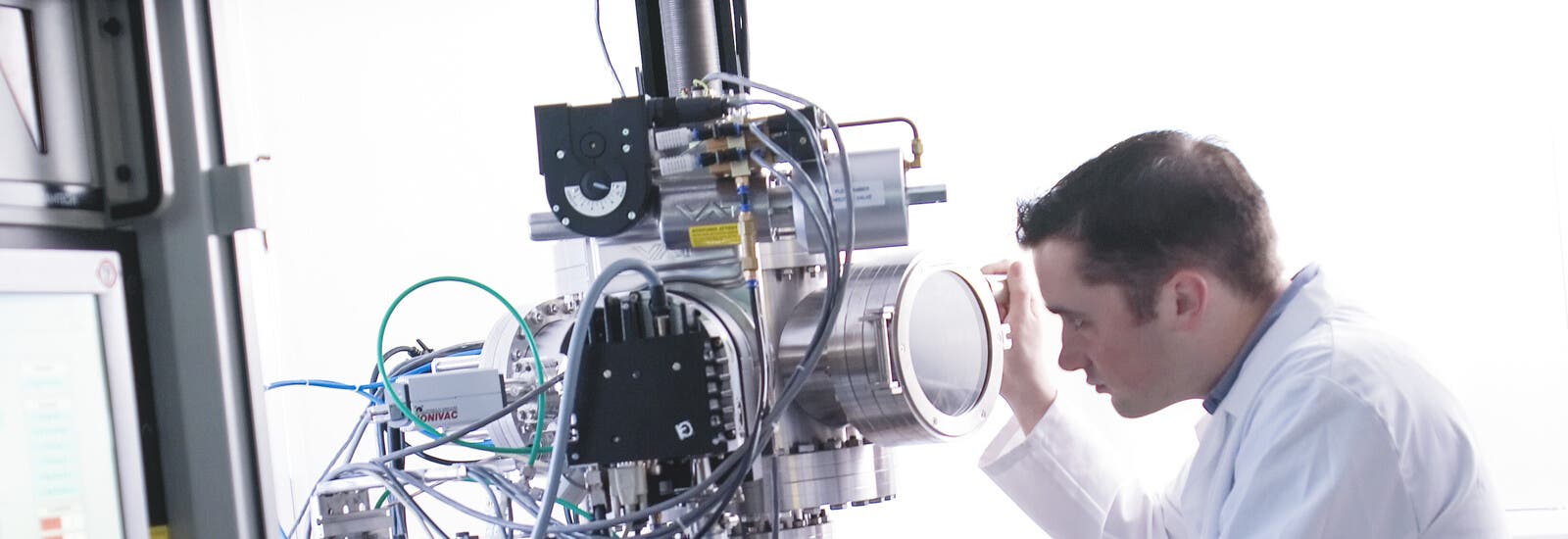What you will study
The programme consists of core and pathway-specific modules. Your core modules will improve your academic and English language skills. The pathway-specific modules will go into more depth about the field of your undergraduate degree.
